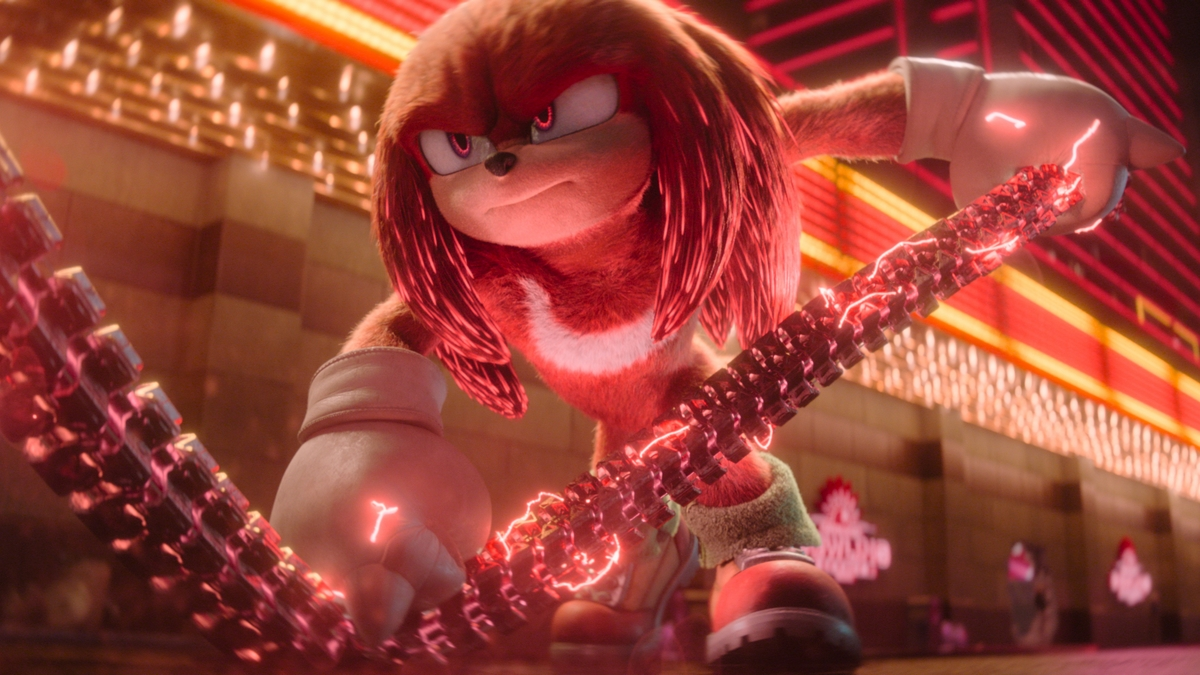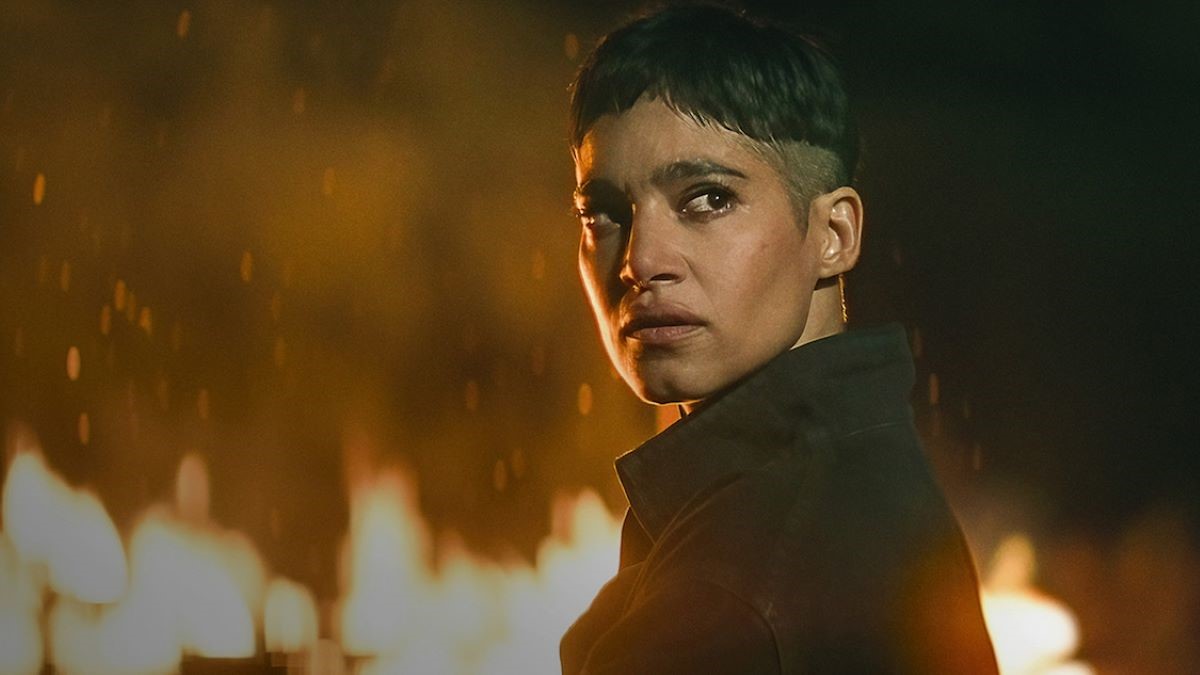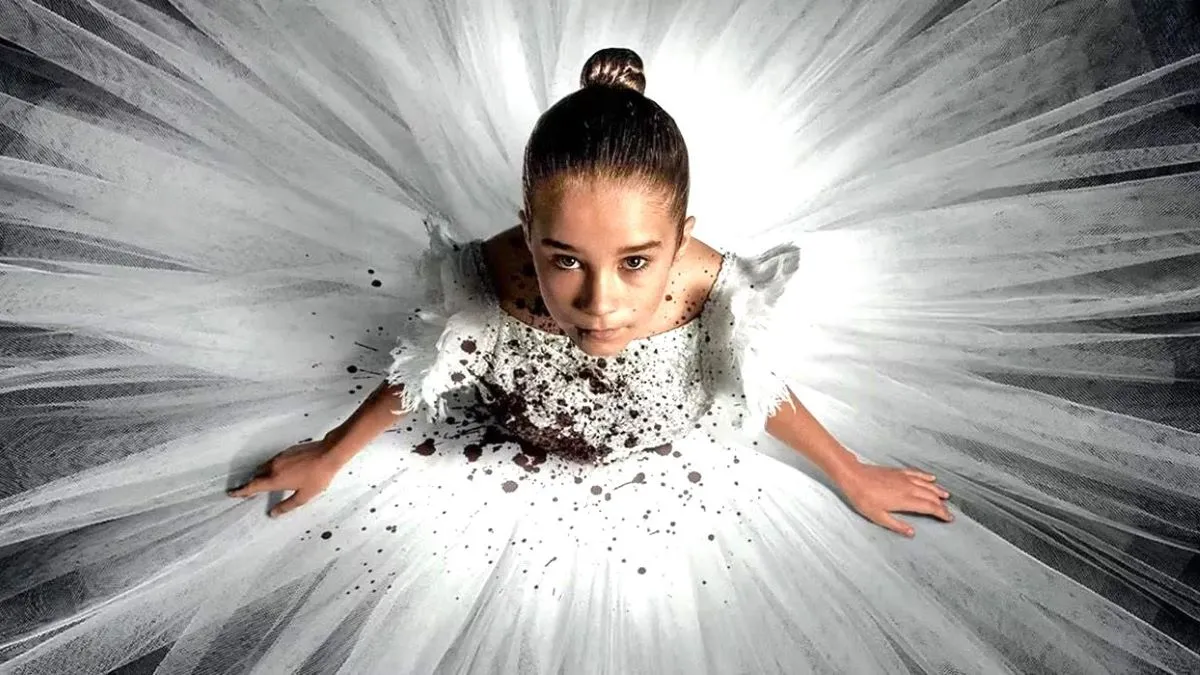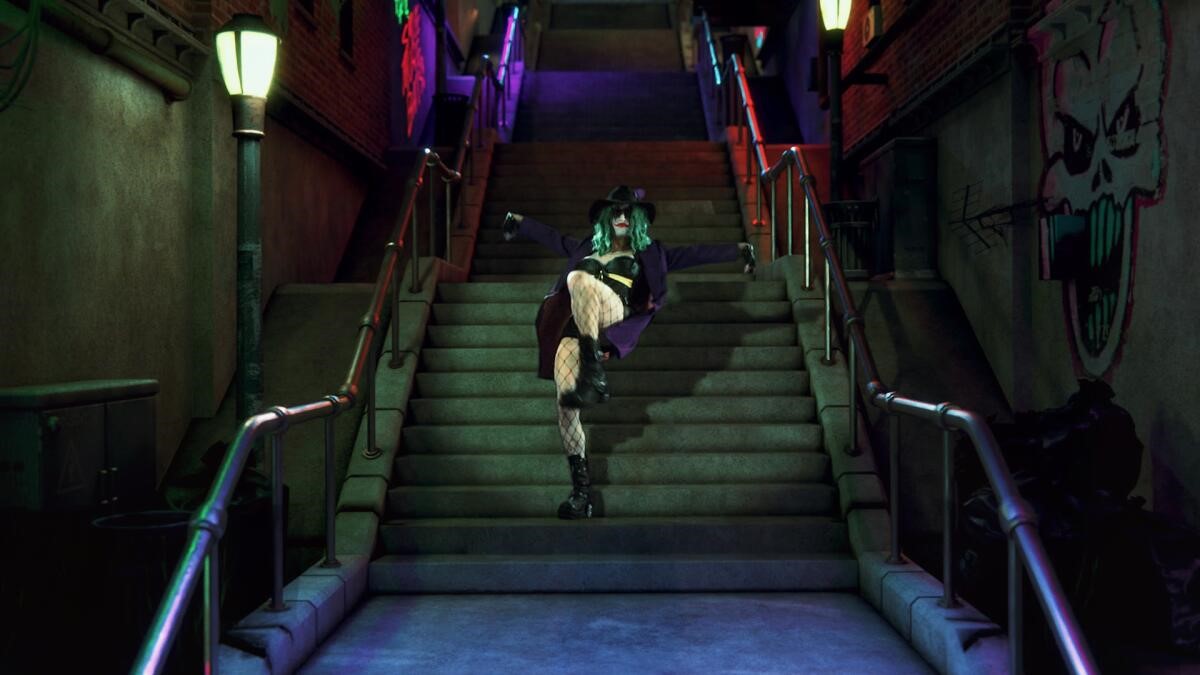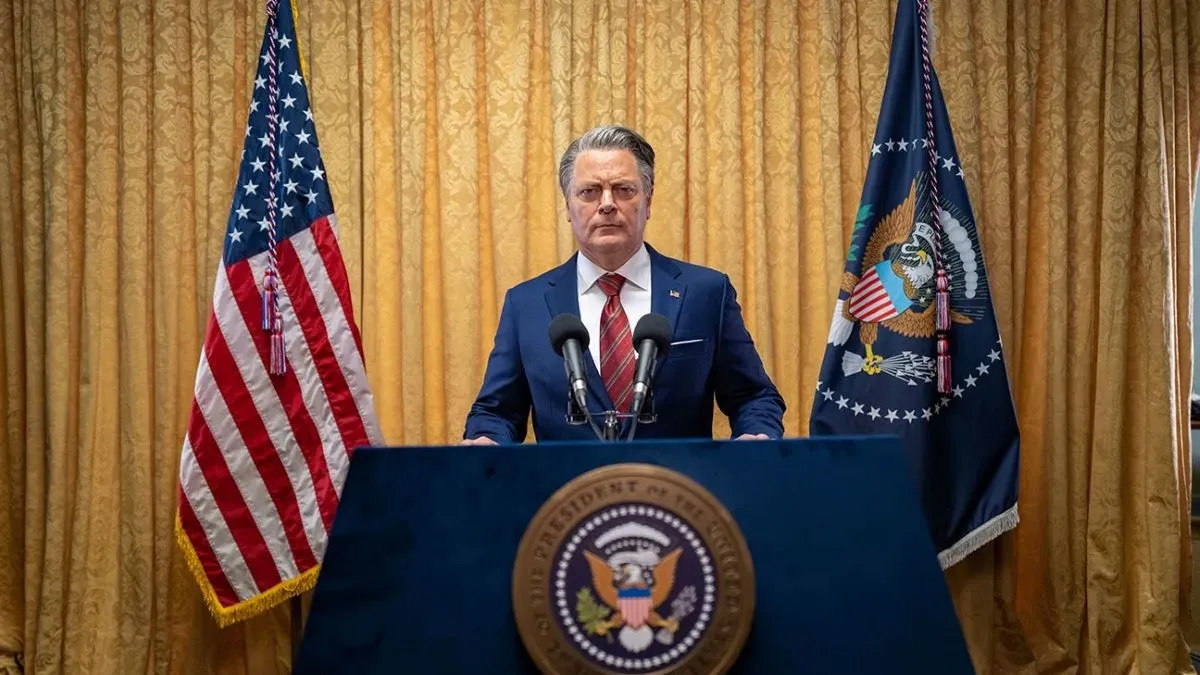The struggle between seeking justice, and getting revenge, is one of the most important cornerstones of the superhero genre, and the debate usually boils down to whether or not the hero kills people. Justice is about the punishment fitting the crime, but even when the hero themselves isn’t the one directly harmed by wrongdoing, the temptation to make sure a bad guy never has the chance to repeat their offenses is always there. Can the forced isolation of one person ever really make up for all the lives that they’ve destroyed? Is it worth putting an evil genius in prison when he’s inevitably going to break out, and wreak havoc all over again? Even when given the luxury of living in a world with clear moral distinctions between good and evil, the choice to take a life for the greater good is one most heroes are constantly weighing.
The conflict is always there, but by definition, most comic book heroes are such because they always place unshakable value in a human life, no matter how degenerate the person living it. It’s that vain hope that maybe if Superman lets Lex Luthor live, he’ll finally change, and the world will be just as safe with him in it, as it would be without. The idea of a hero living by one intractable limit is a fascinating one, because writers get to use that as a reflection of the character’s identity, constantly throwing new, and horrible decisions at guys like Batman in order to test how far their resolve can bend, before it breaks. It’s why the Batman/Joker relationship is arguably the greatest in comic books: it asks whether we value our faith in humanity more than lives themselves, and if the pursuit of justice is merely an illusion, or the only way to keep the world sane.
In the comics, Green Arrow crossed that line after the madman Prometheus turned Star City into a smoldering crater, with Oliver avenging his city, and his sidekick’s daughter, by putting a shaft right through the villain’s head. It was a huge turning point for the character, one that ultimately got him kicked out of The Justice League, and put on trial for his crimes, because justice dictates that murder is murder, no matter the victim. Arrow’s take on Oliver Queen has been far less concerned with said moral implications, which is part of why it can feel so damn frustrating when the show tries to tackle the subject halfway through a very bloody first season. The potential is there for making Oliver’s changing views on capital punishment a part of his character evolution, but “Vendetta” whiffs it pretty hard, by letting the ethics of the question at hand become secondary to the childish behaviour of those doing the decision making.
You could argue that the frequently overdramatic and rash actions of the characters are the result of their ages. Most of the paragons of superherodom are usually upwards of 30 years-old, while young guns like Spider-Man often have their youth and inexperience serve as defining characteristics. The CW, of course, doesn’t make much room for any character over 30 (actors is a whole other story), but that can work to the show’s benefit. It’s a nice change of pace to see Oliver cut loose a bit now that he’s finally gotten laid, and an early scene with him and Helena playing target practice at the Arrow-cave is fun and flirty in a way that’s hard to mess up. Less successful is when the two have a tête-à-tête over each other’s preferred method of bad guy dispatching, taking the Huntress story to its logical destination in bumbling fashion.
Flipping the genders (if nothing else) on the speech Rachel and Bruce had in Batman Begins, Helena is driven by the need to make her father pay with his life for the one he took away from her, while Oliver argues that true justice matters more than getting even. The problem is that, knowing what we know about Oliver, and what he’s done, it sounds pretty hypocritical. Oliver has killed plenty of people, both since his return to Starling City, and almost undoubtedly during his stint on the island. Mostly it’s just goons and henchmen he kills, but they’re people regardless; “Legacies” made a big spiel out of how Oliver would show mercy if he understood the circumstances of those he hunts, and while not every bodyguard is as sympathetic as the Reston family, to count them as unredeemable merely by their association with a list target, is conveniently shortsighted.
So yes, Oliver has gotten his hands dirty, but does any of the guilt or regret that might come from those actions help him bring Helena to his side? Nope, he just takes her to Sara’s grave, and trauma-one-ups Helena into submission with his backstory. Worse, the writers then reduce Helena’s motives to little more than romantic grieving. Their relationship as crime fighters quickly becomes entirely dependent on their, well, relationship, via a baffling rally of maudlin angst. “You were on an island too,” “I can’t get hurt again,” and “I’ll never hurt you,” are a few of the choice quotes that damage the underlying moral quandary of this two-parter in ways you always feared a CW show would, by making the decisions of the characters have more to do with their sex lives than self-definition.
Continue reading on the next page…



